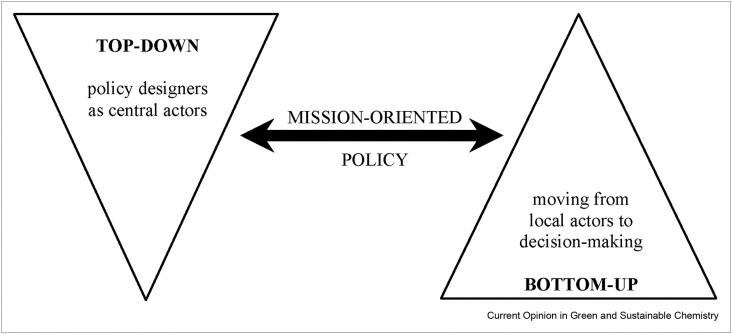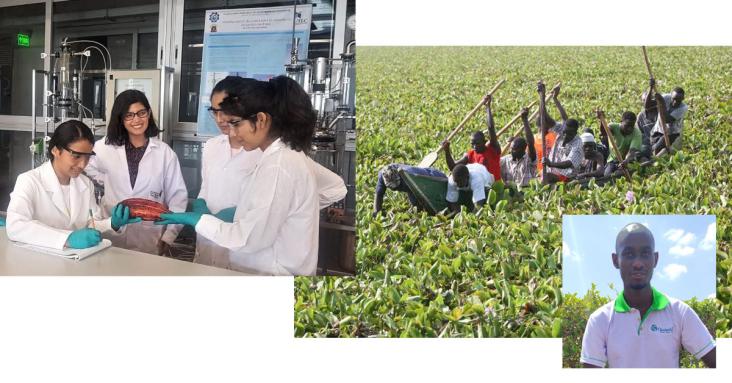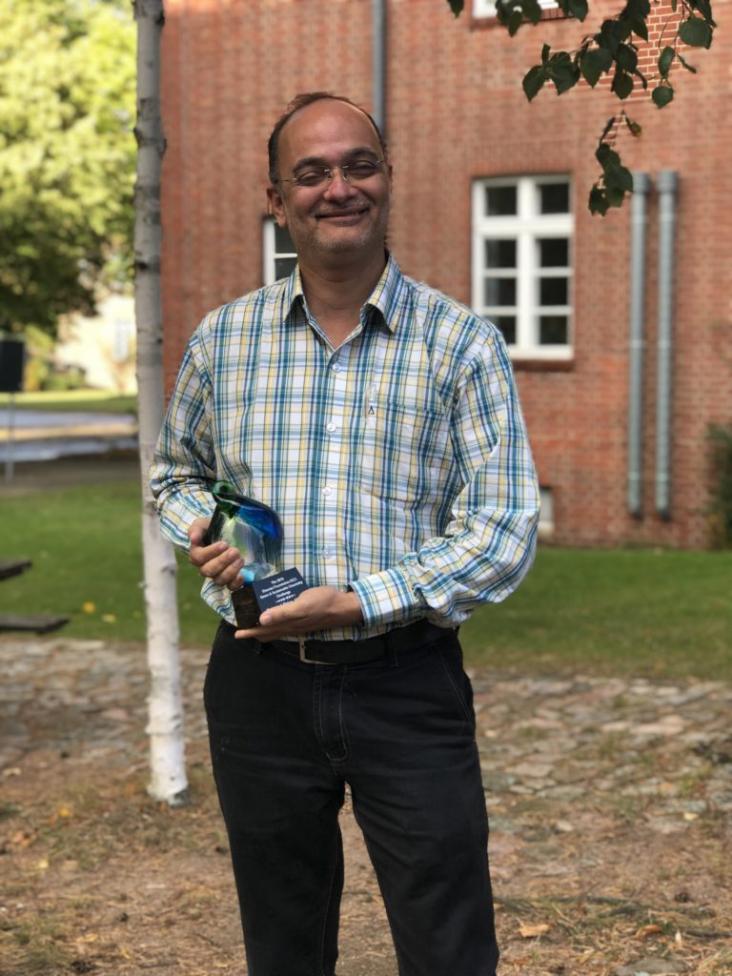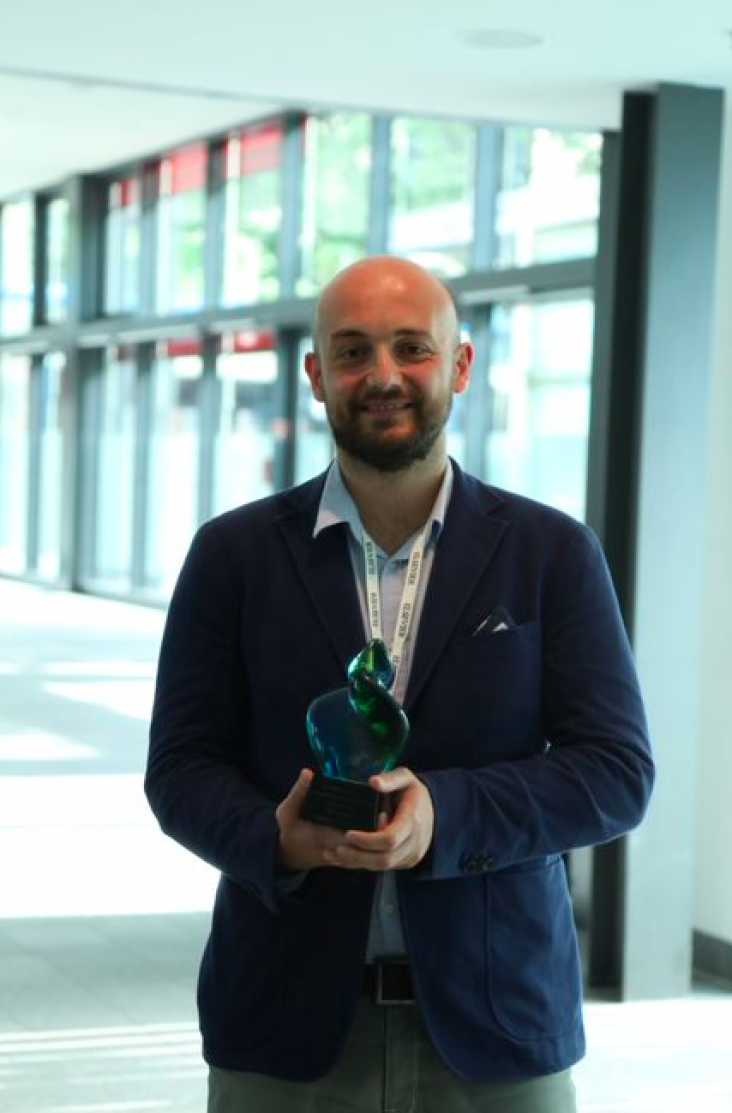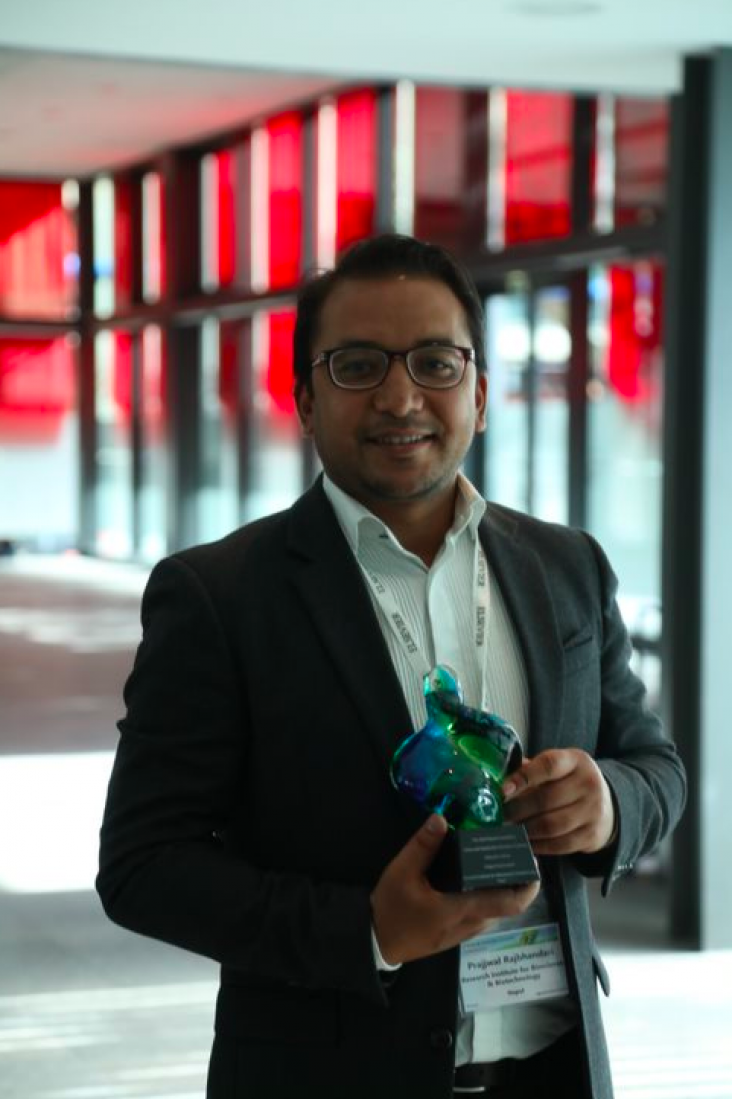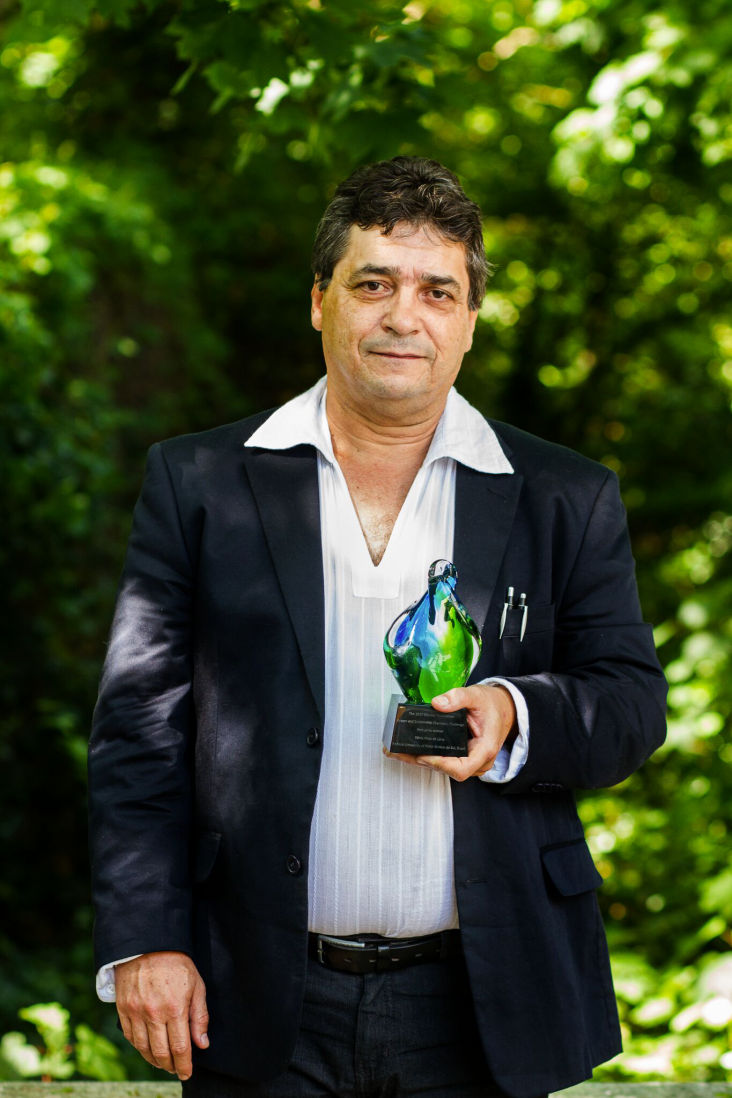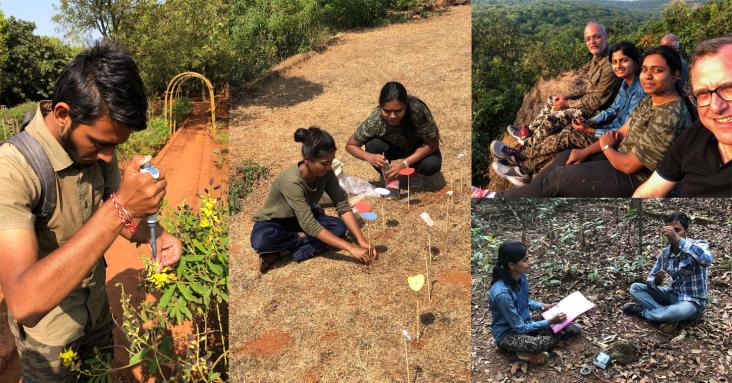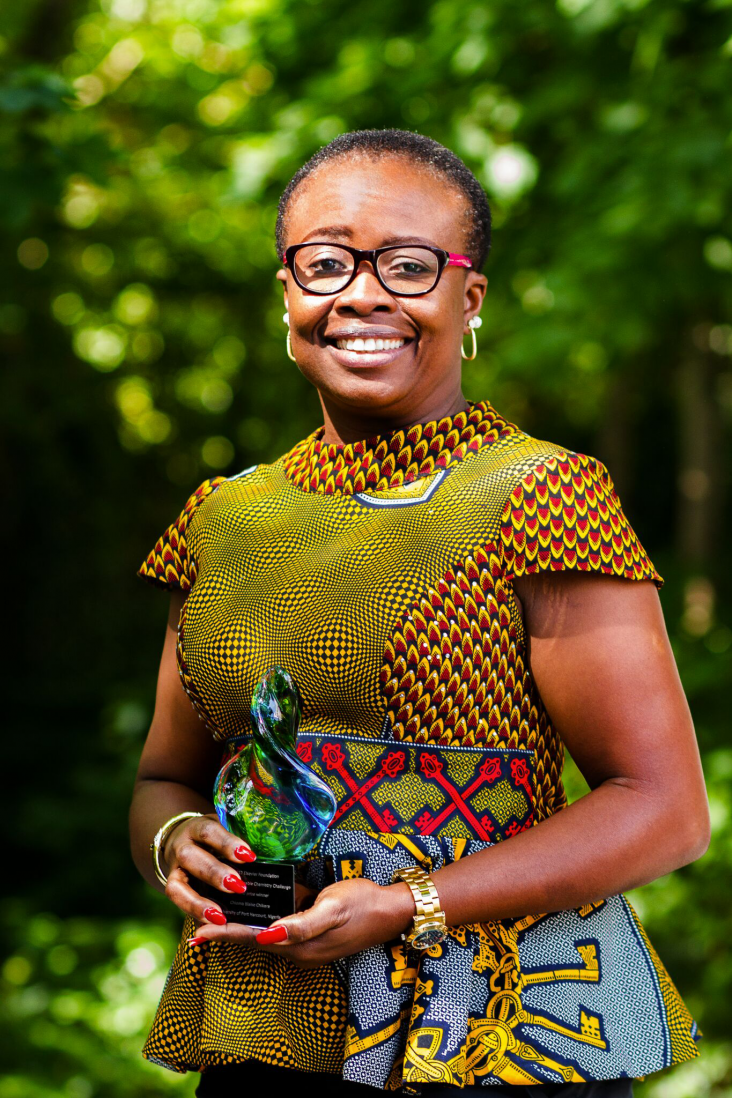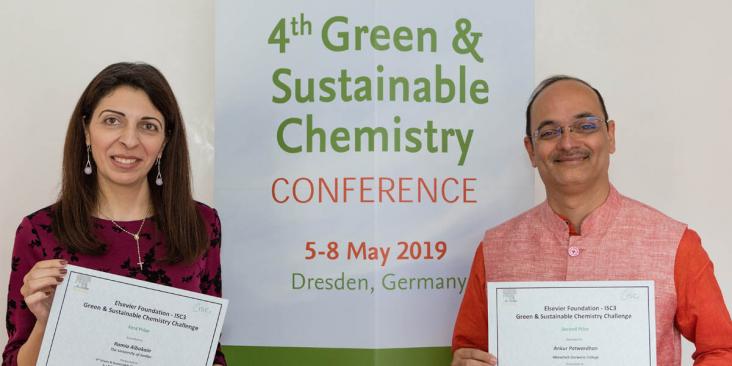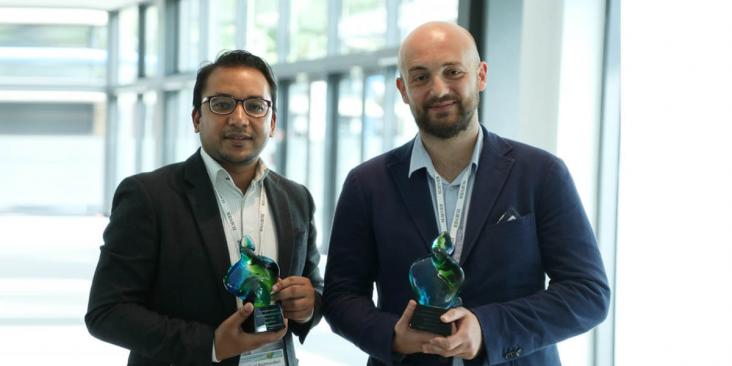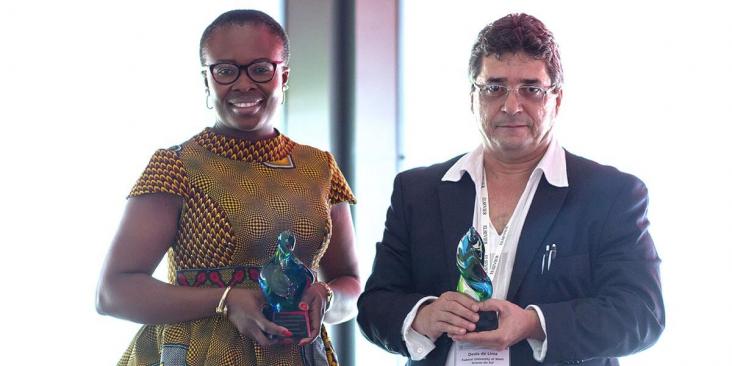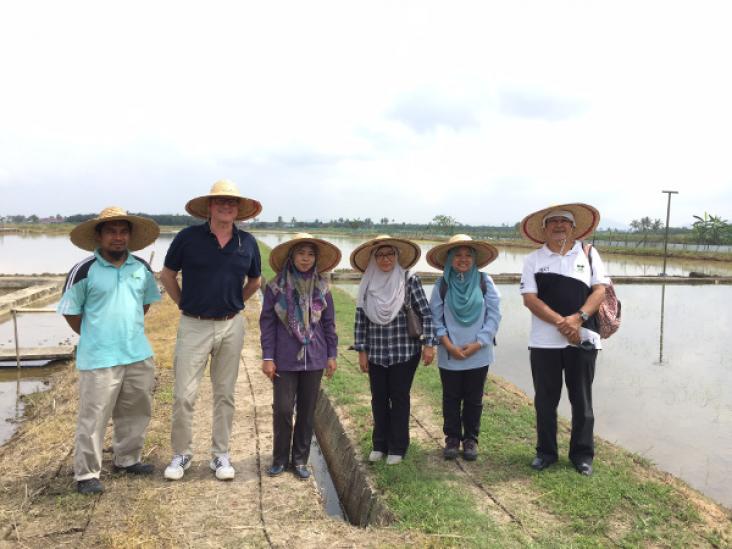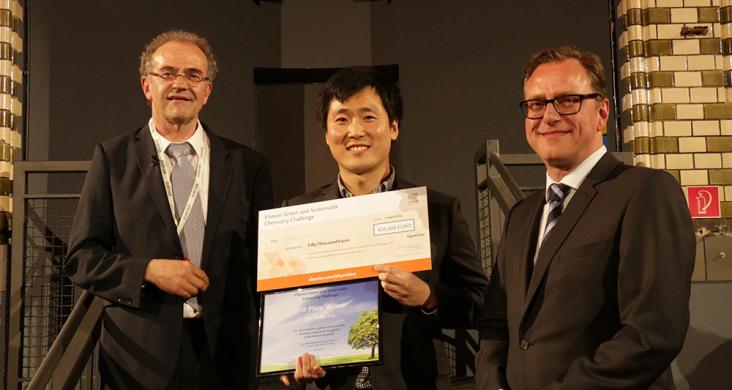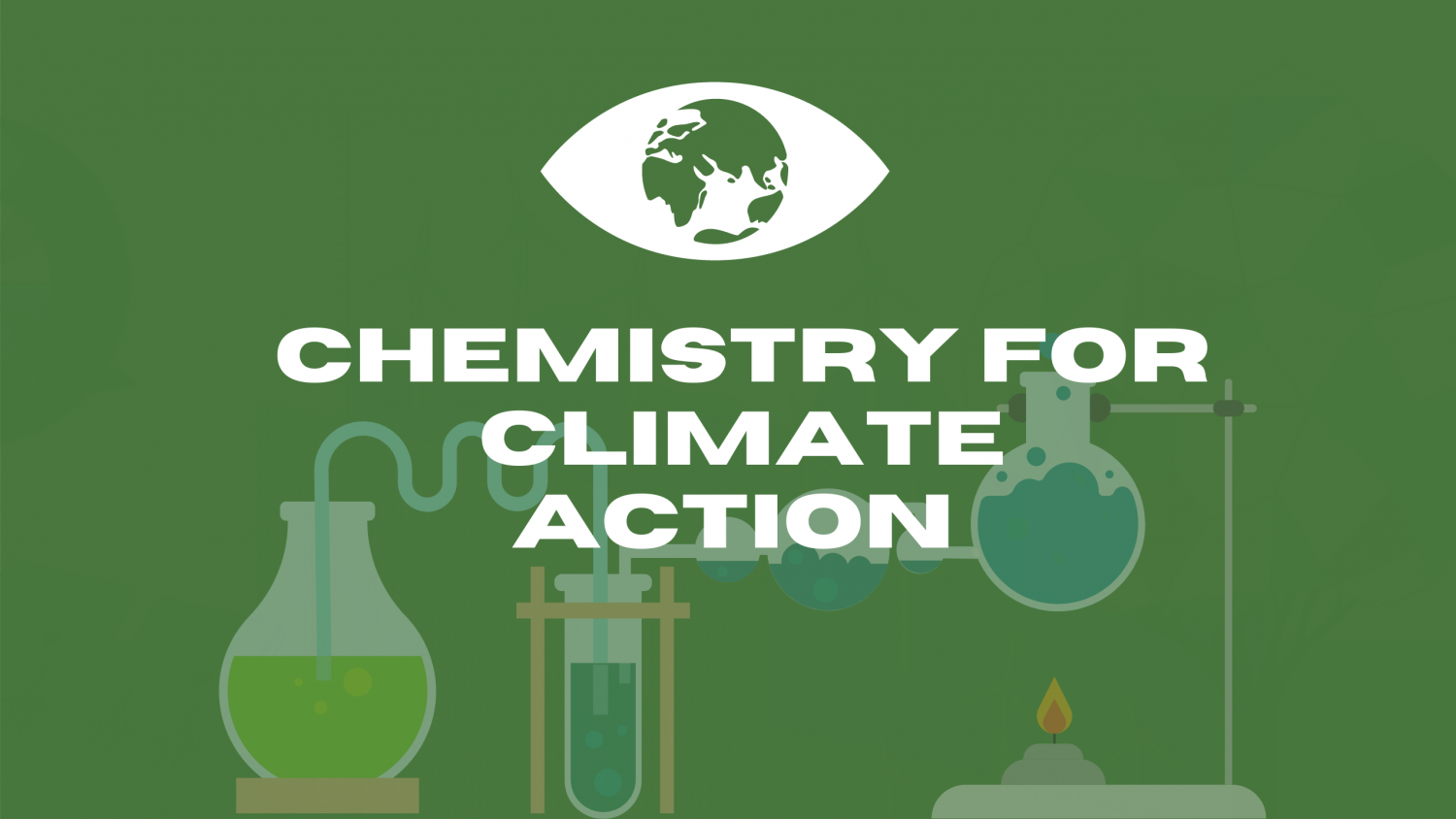
Climate change is the most important challenge affecting the future of our planet and it is essential that we take action. We also know that chemical sciences play a critical role in developing a sustainable future. UN SDG 13, Climate Action, underscores the need to “[…] promote mechanisms for raising capacity for effective climate change-related planning and management in least developed countries, including focusing on women, youth and local and marginalized communities”.
The role of chemistry in tackling climate change is broad and varied, from waste and CO2 reduction and utilization, to low-energy production and energy conversion and storage. Chemists are aware of this critical role and we have seen significant growth in the number of published articles in Scopus on “sustainable chemistry”
At Elsevier, the Chemistry journals department and the Elsevier Foundation have been collaborating for five years on the Green and Sustainable Chemistry Challenge and have received thousands of proposals in this time. As it is essential for the future of the planet that climate scientists and sustainable chemists collaborate, we are proud to re-launch as the Chemistry for Climate Action Challenge. Alongside the new climate focus, the Challenge also supports SDG 5, Gender Equality, recognising the pivotal role that women play in combating climate change. Projects submitted to the Challenge must integrate a gender dimension into their projects, such as addressing the role of women in adapting to climate shifts and participating in policy-making and leadership roles.
To show the importance of climate action and to celebrate the years of collaboration between the Elsevier Chemistry journals department and the Elsevier Foundation , we have compiled this special issue, highlighting top chemistry content related to SDG 13 and providing information on past winners of the Green & Sustainable Chemistry Challenge.
To apply for the Challenge, visit the Elsevier Foundation website HERE.
12th November 2020
9th November 2020
12th October 2020
17th September 2020
26th July 2020
19th April 2020
3rd March 2020
3rd June 2019
16th May 2018
16th May 2017
Elsevier Connect 9 May 2017
5th April 2016
